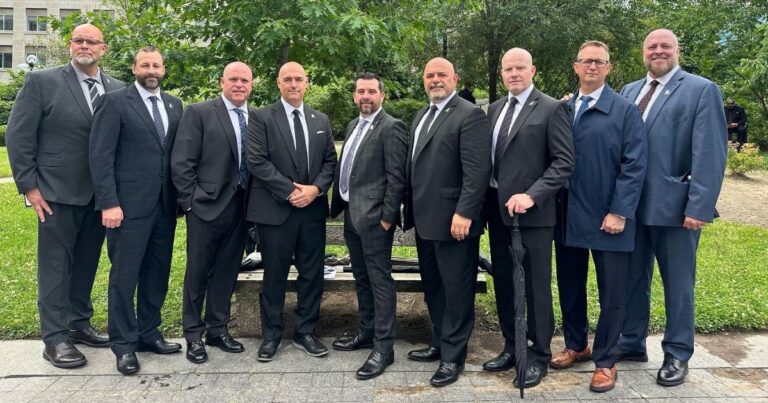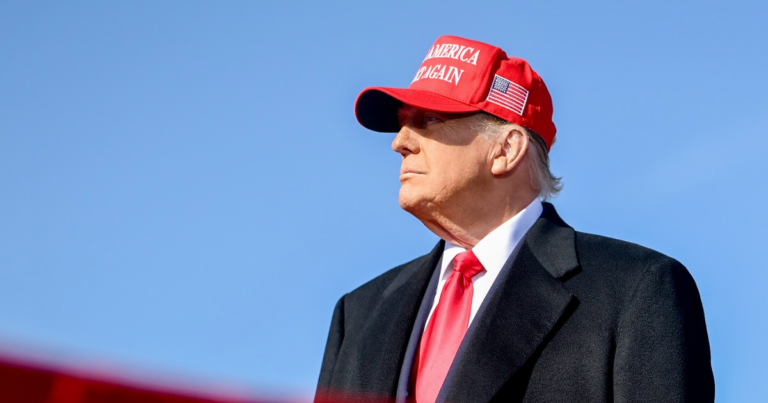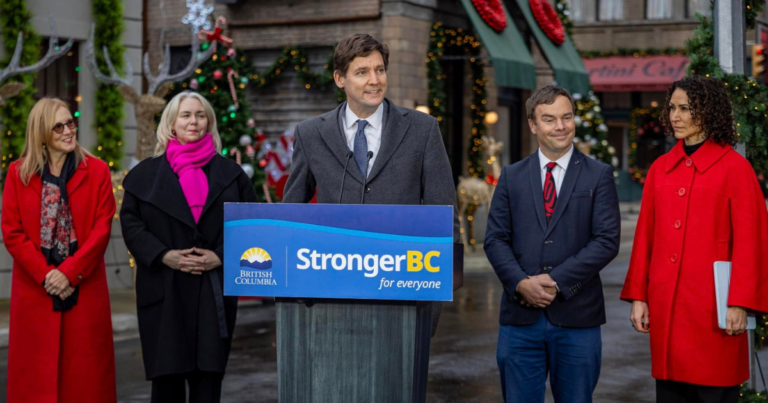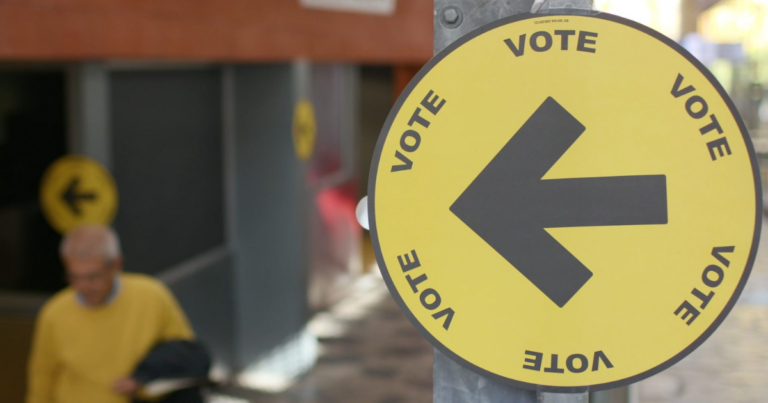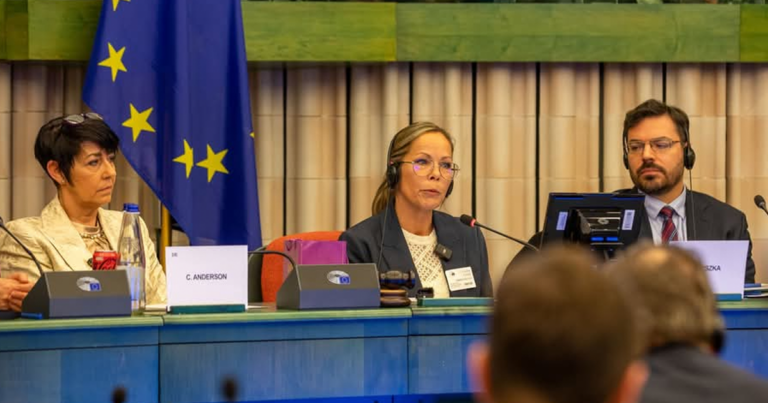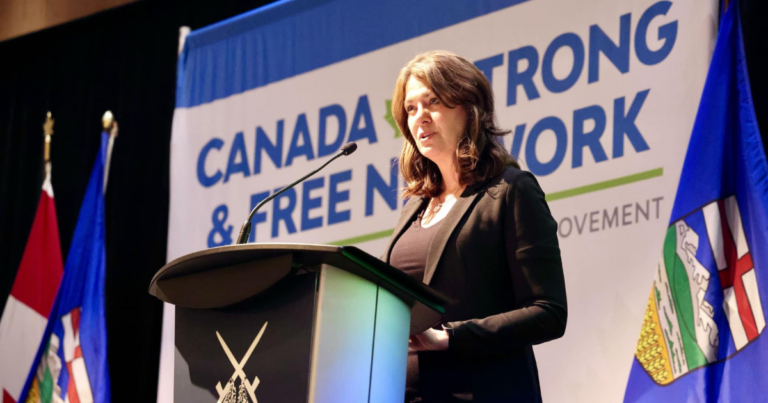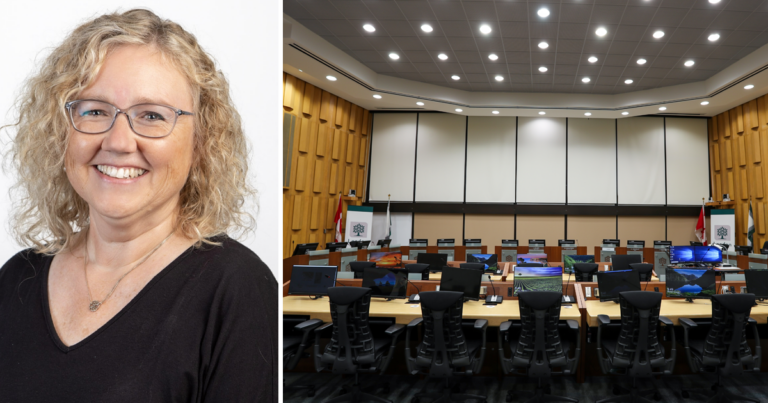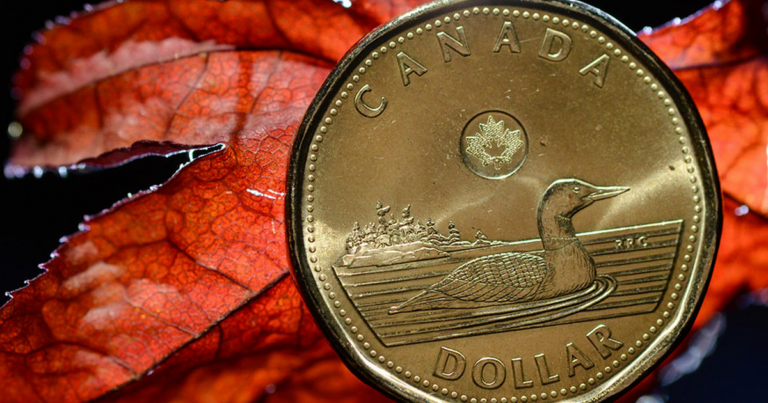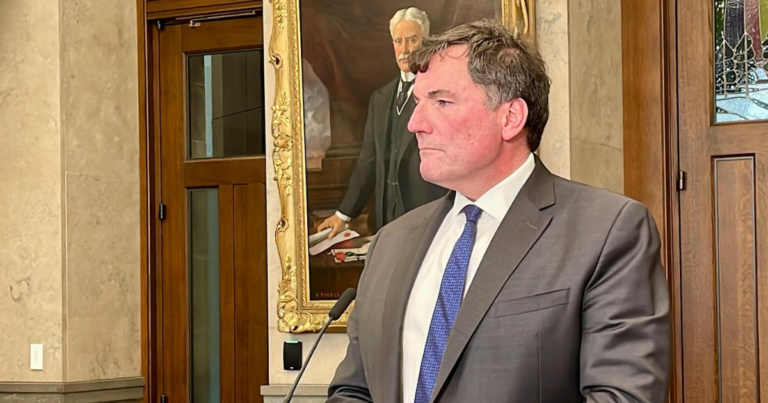The Toronto Police Association has dismissed public safety reforms outlined in the Fall Economic Statement by Transport Minister Anita Anand as a desperate attempt to placate the policing community.
“This is laughable. After nine years of doing nothing, you pick the moment when your government is descending into chaos to placate us with ‘proposals’? What a joke,” wrote the Toronto Police Association in a reply to Anand on X. Despite replying to the minister, the association also tagged Prime Minister Justin Trudeau.
Anand said that the proposals outlined in the statement included amendments to the Criminal Code intended to hold violent, repeat offenders accountable and stricter bail conditions for violent crimes like auto theft and breaking and entering. The changes also grant Canada Border Service Agency officers more authority to inspect goods that are destined for export.
The Toronto Police Association made a subsequent post to X, this time calling for Trudeau to resign.
“Our members have lost faith in @JustinTrudeau’s government to do the right thing for the right reasons. Time to resign and leave the critically important public safety issues to someone else,” said the association.
The Toronto Police Association was previously joined by the Ontario Provincial Police Association and the Police Association of Ontario following an active gang shootout in Toronto, calling for legislative changes to the bail system to keep repeat and violent offenders behind bars until trial.
Similarly, the Toronto Police Association and other groups from across the nation previously called out Trudeau, claiming he was misleading Canadians on the handgun freeze.
“What difference does your handgun ban make when 85% of guns seized by our members can be sourced to the United States?” asked the association when previously calling out Trudeau.
Like the police associations, Canada’s provinces and territories previously teamed up to urge the Liberals to reform the bail system following the homicide of a B.C. resident by a man out on bail.
The federal government shifted responsibility to the provinces, claiming it was up to them to fix.
True North previously compiled a list of alleged reoffenders, many of whom were out on bail.
The Liberals previously pledged $28 million in CBSA funding to combat auto theft.
Over $1.9 billion was allocated in investments to increase border security in the Fall Economic Statement. Just over one-third, $656.1 million, is dedicated to the CBSA to “secure the flow of people and goods in and out of Canada.” An additional $134.8 million will be allocated to bolstering the CBSA’s frontline capacity and prevent prohibited goods from entering Canada.
The Fall Economic Statement highlighted a $62 billion deficit, over 50% more than the limit previously set out by Chrystia Freeland, with no plan to balance the budget.
The Liberals also allocated $597.9 million over three years to confiscate guns from law-abiding firearm owners. This addition comes despite over $100 million already dedicated towards the gun buyback scheme, without collecting a single gun.
Between 2018 and 2022, the Canada Border Services Agency seized over 68,000 illegal guns in cross-border mail. A total of 71,003 firearms were seized.
More recently, in Dec., documents revealed that the CBSA was unable to account for 29,731 people listed as “wanted” by immigration authorities.
True North reached out to Anand and Trudeau for comment but received no reply by the time of publication.
